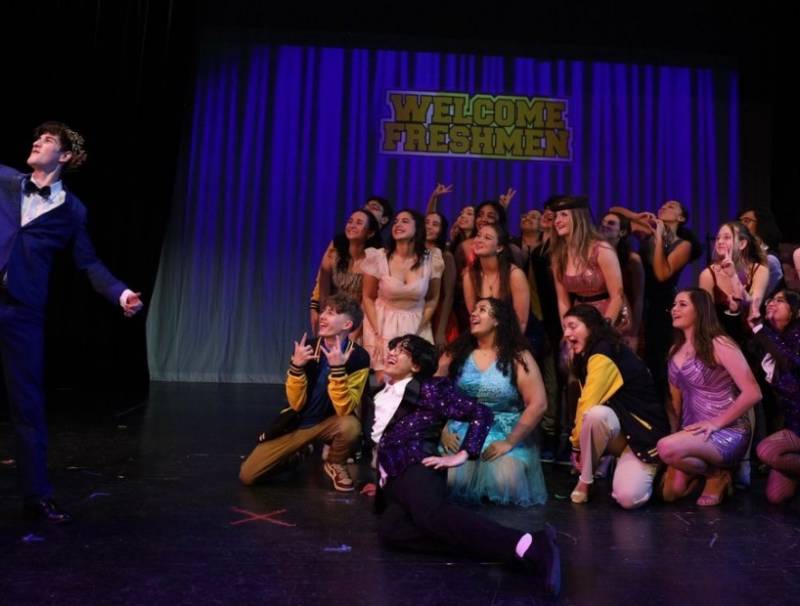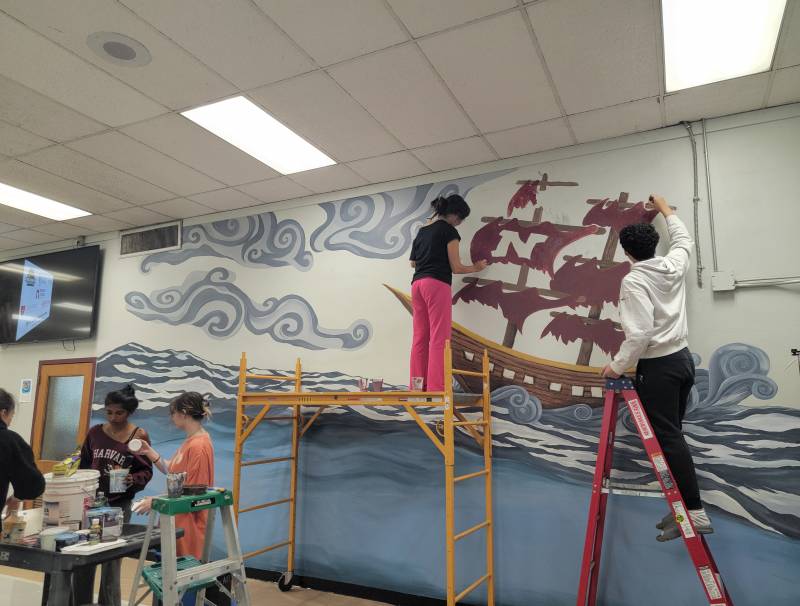The Unfortunate Control of Social Media on Teens
In the last few decades, each generation of teenagers have had their own iconic form of social media. It started with AOL Instant Messenger, then eventually MySpace. This generation, my generation, would probably call Instagram or Twitter their most iconic form of social media. However, Generation Z’s usage of Twitter, for example, and Millennials’ usage of MySpace are completely different. While MySpace and AOL tended to only control the online world, Instagram and Twitter have extremely large real-world effects. In fact, Facebook, one of the biggest social media platforms, has even been considered to have been controlled by Russian Governments for the 2016 Presidential Election.
In relation to history, it is fantastic that I can post a funny image of a cat to Twitter, and it has the potential to be as popular as the President of The United States’ newest message to his citizens.
However, this technological blessing has also been to be a curse of sorts. Most social media users are relatively young. A report by Common Sense found that, “75 percent of American teenagers have social media profiles” and “51 percent of teens visit social networking sites on a daily basis.” Social media is even designed to feed into a young person’s short attention span. While social media can be a great place for young people to find friends and other similar people, a lot of social media accounts are not even people. These accounts are made for the sole intention of getting more popular influencing whatever ideas they want.
For example, one of Instagram and Twitter’s biggest type of accounts are, “meme pages.” These accounts share images or stories about things people might find funny or relatable. However, not all meme accounts are equal. As people have different senses of humor, accounts have reflected that. But, it is often that the accounts controlling the user’s sense of humor, rather than the other way. Simply put, meme pages can quickly turn toxic. Young kids can access meme accounts that glorify jokes about racial or homophobic slurs, terrorist attacks, or even rape. These accounts are labeled as “Edgy” by the meme community and they target mostly one group; younger teenage boys.
I have personally seen these “edgy accounts” impact so many kids. Even when I was 12-14, I remember seeing kids my age share these memes, often promoting violence or racism. These accounts normalize this type of toxic behavior. What truly scares me is that many kids won’t be able to tell apart this toxic behavior from normal behavior. “
These accounts are not endorsed by Instagram or Twitter themselves. However, they exist on their platform, and I believe that if they care about preserving the minds of children, they should not allow these toxic accounts to exist. Preventing children from using social media is helpless, but controlling what they see is our best bet.







